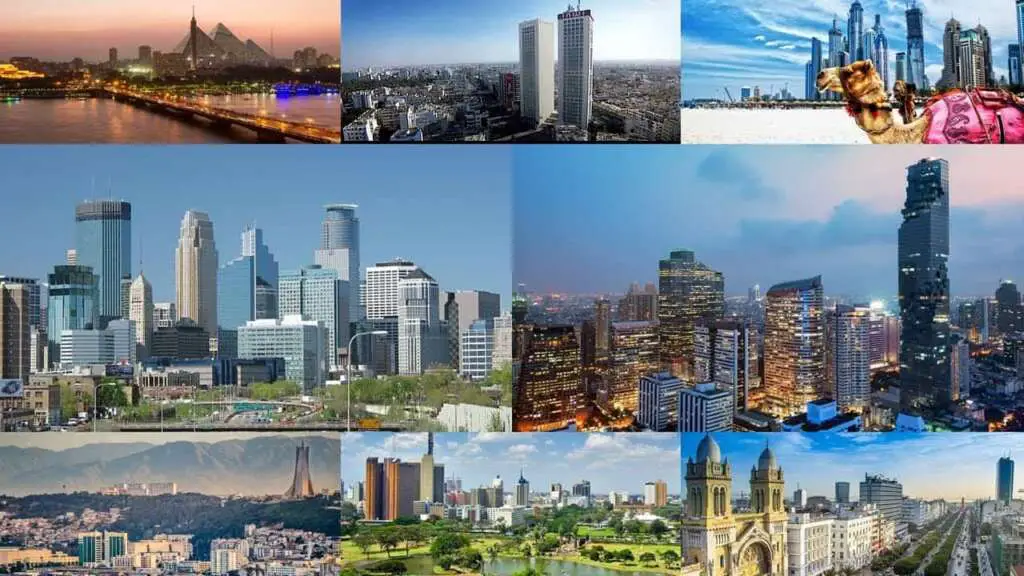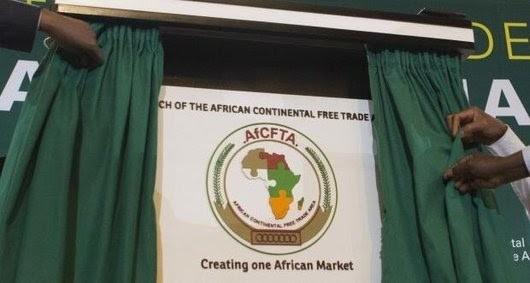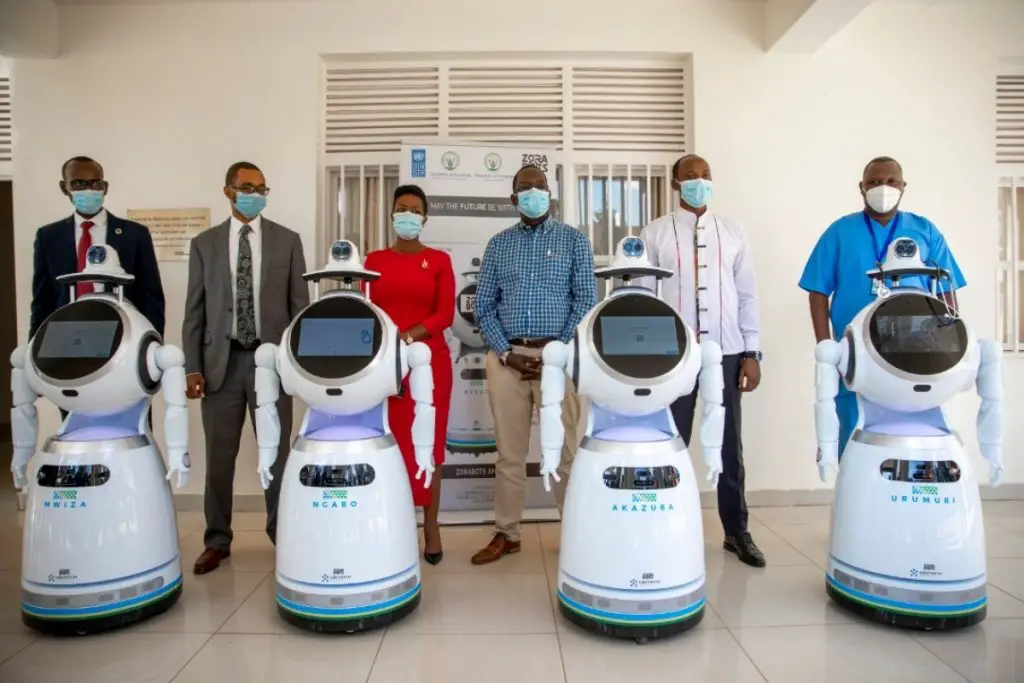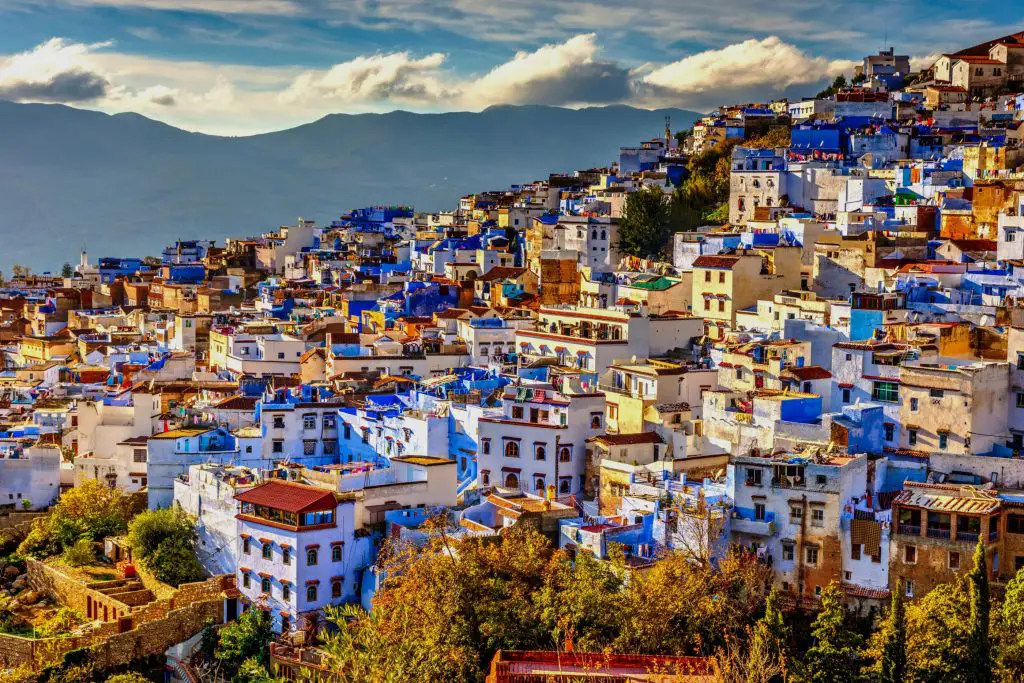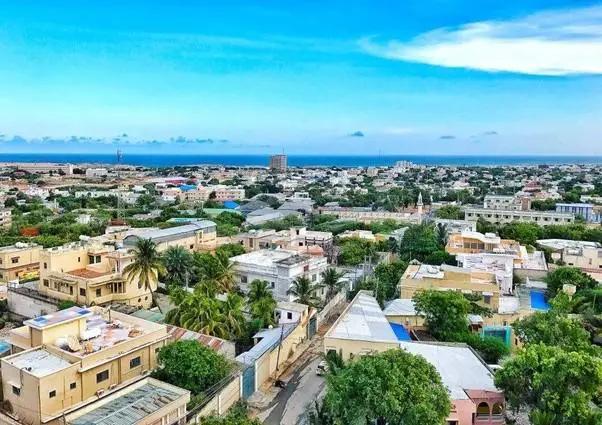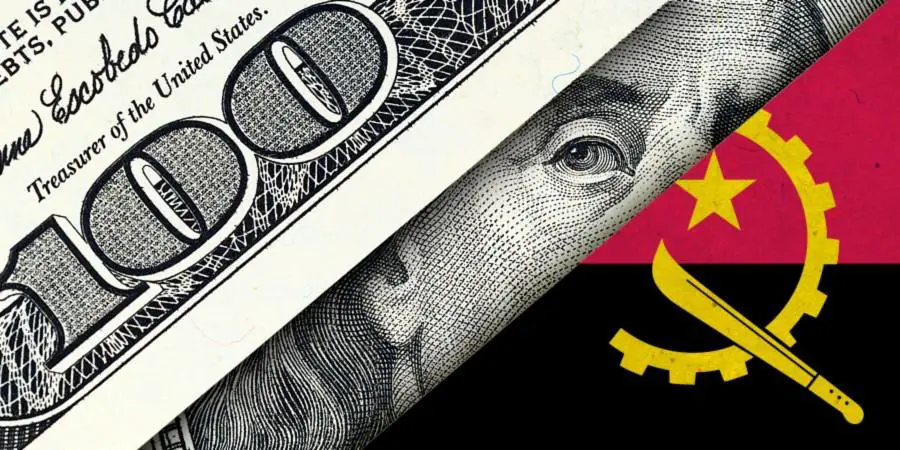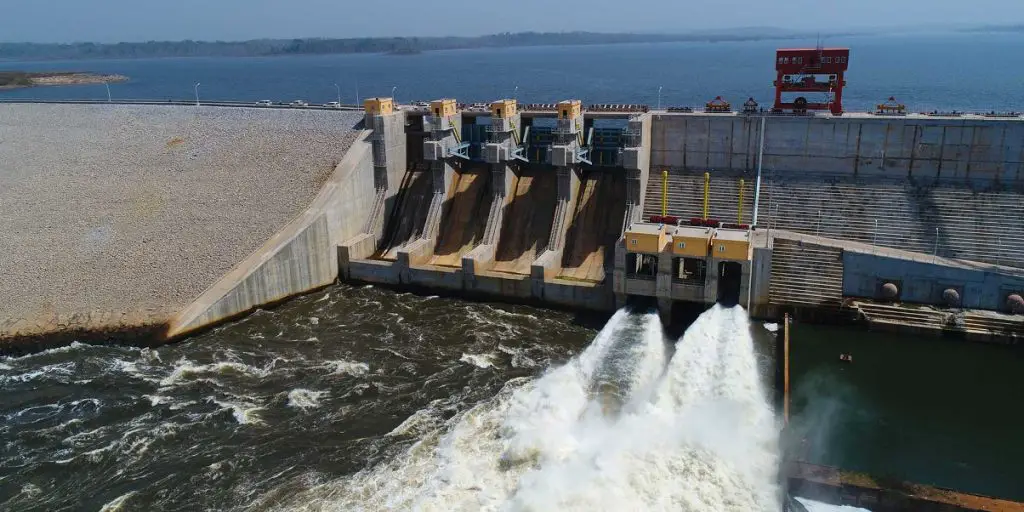- Abu Dhabi radiates optimism as over 300 startups join AIM Congress 2024
- TLcom Capital Raises $154 million in Funding to Boost Its African Growth
- Africa’s $824Bn debt, resource-backed opaque loans slowing growth — AfDB
- LB Investment brings $1.2 trillion portfolio display to AIM Congress spotlight
- AmCham Summit kicks off, setting course for robust future of US-East Africa trade ties
- Why the UN is raising the red flag on the UK-Rwanda asylum treaty
- Portugal’s Galp Energia projects 10 billion barrels in Namibia’s new oil find
- Wärtsilä Energy offers tips on how Africa can navigate energy transition and grid reliability
Month: June 2020
The Mercer 2020 gives the cost of living in African cities giving the most expensive and least expensive cities to live in Africa in its Cost of living survey.
The annual survey ranks cities cost of living based on the prices of goods and services such as rent, food and clothing.
The survey is mostly used by multinational organisations to set remuneration packages for their foreign-based employees.
“The Covid-19 pandemic reminds us that sending and keeping employees on international assignments is a huge responsibility and a difficult task to manage,” said Ilya Bonic, career president and head of Mercer Strategy.
According to the report, in East Africa, Kampala Uganda is the least expensive city to live in while Nairobi Kenya is the most expensive city, Kigali Rwanda takes the second least-expensive city followed by Dar-es-Salaam Tanzania.
Also Read: Cost of living to go up for EAC
The report sampled 40 …
The launch of the African Continental Free Trade Agreement (AfCFTA) has been pushed from its initial date of July 1 to January next year due to COVID-19 pandemic.
AfCFTA’s Secretary-General Wamkele Mene said that the market is not conducive for the launch considering more than 42 countries out of 55 countries in Africa’s continent are under lockdown and the containment measures are complicating intra-trade.
Speaking to private sector players during a webinar organized by Africa CEO’s forum, Mr Mene said the decision to push forward the launch was made after wide consultation.
“Suspension of the implementation of AfCFTA from July 1 was not my decision but that of African Union Heads of States. I advised the assembly on the reality, facts, science and data on the ground on the situation of Covid-19. The decision of the new date, which also depends on how quick the pandemic is contained, was widely …
The country has for long been using drones to deliver blood to hospitals in the hilly nation.…
Many people have lost their jobs and means of sustenance while industrial production and wholesale-retail sales have plummeted in some sectors.…
The World Bank approved $48 million loan to Morocco to help the country in dealing with the effects of the COVID-19 pandemic as it relaxes restrictions in a bid to reopen its economy.
The loan is part of World Bank’s ongoing programme approved in 2015 for Results project which aims at supporting primary health care services.
The international financial institution said that through project restructuring, a total of $13.01 million is in undisbursed funds under the programme. The bank further said that from the WBG Fast Track Covid-19 Facility, an additional of $35 million will support Morocco’s COVID-19 health sector response by strengthening detection, prevention, case management and surveillance.
According to World Bank Maghreb country director, Jesko Hentschel, Morroco’s government had already taken significant measures to contain the outbreak of the pandemic and lessen the impact on vulnerable households and sectors.
Hentschel also said that the country …
The COMESA region economy is expected to grow at 0.6 per cent this year from 5.2 per cent in 2019 and 6.0 in 2018 according to a report by COMESA Monetary Institute (CMI)
The slight decrease in 2019 was caused by low commodity prices while the expected slump this year will be caused by the devastating impact of the pandemic resulting in toa deeper economic contraction for the COMESA region.
According to the report, the expected contraction of the regional economy will be driven by the decline in global demand and regional spillovers, the impact of containment measures, the impact of multiple shocks and the external financial constraint.
Economic activities have been disrupted by COVID -19 mitigation measures including quarantines, lockdowns, travel restrictions, border closures among other measures which have also led to mass unemployment and loss of livelihoods, especially in the informal sector the report said.
“Decline in global …
As African oil and gas countries struggle with Covid-19’s devastating impact on demand, two international groups seem to be celebrating it.
Earlier this month, the Organisation for Economic Co-operation and Development (OECD) and the International Energy Agency (IEA) described the low oil prices caused by the pandemic as a “golden opportunity” for governments to phase-out fossil fuel support and usher in an era of renewable energy sources.
“Subsidising fossil fuels is an inefficient use of public money and serves to worsen greenhouse emissions and air pollution,” OECD Secretary-General Angel Gurría said in a joint OECD-IEA statement. “While our foremost concern today must be to support economies and societies through the Covid-19 crisis, we should seize this opportunity to reform subsidies and use public funds in a way that best benefits people and the planet.”
I would argue that the OECD and IEA don’t necessarily know what’s best for the people …
Early this year, the United Kingdom Government and the European Union helped Somalia in settling arrears with the African Development Bank which paved way for the lifting of a 30-year-old sanction imposed by the bank.
To mark the reunion, the Bank Vice President for Regional Development, Integration and Business Delivery, Khaled Sherif and Somali Finance Minister Abdirahman Beileh signed a $122.55 million grant.
With assistance from the Bank and other development partners, the shift to a new Somalia can speed its national development agenda of consolidating peace, fighting poverty and ensuring growth.
“We stuck with our reforms, we were persistent, and it has paid off,” Minister Beileh said.
IMF Staff Monitored Programs (SMPs) driven reforms restored the confidence of the bank and led the United Kingdom and the European Union to provide funding for clearing Somalia’s loan arrears to the Bank.
“I am absolutely delighted that the African Development Bank …
Bearing in mind the Law number 10/2018, of June 26 (Private Investment Law), which adjusted the legal and institutional framework to perform private investments in Angola, the Angolan Government approved the Private Investment’s Legal Proceedings Regulation in order to allow the capture and execution of investments with faster and easier procedures.
The above mentioned regulation establishes the procedures for the legal registration of proposals of private investment projects, the attribution of benefits and advantages, monitoring, supervision, as well as penalties and extinction of rights granted under the Private Investment Law.
The Private Investment projects begin with the delivery of all the relevant documents besides the competent body of AIPEX (Agency for Private Investment and Promotion of Exports of Angola).
Also Read: Angola set to attract more FDI into oil and gas sector
After receiving the private investment project, AIPEX has 5 working days to communicate the decision.
It is, …
So attractive is the sector in Africa that the UK has invested over £50 million into clean energy projects on the continent.…





